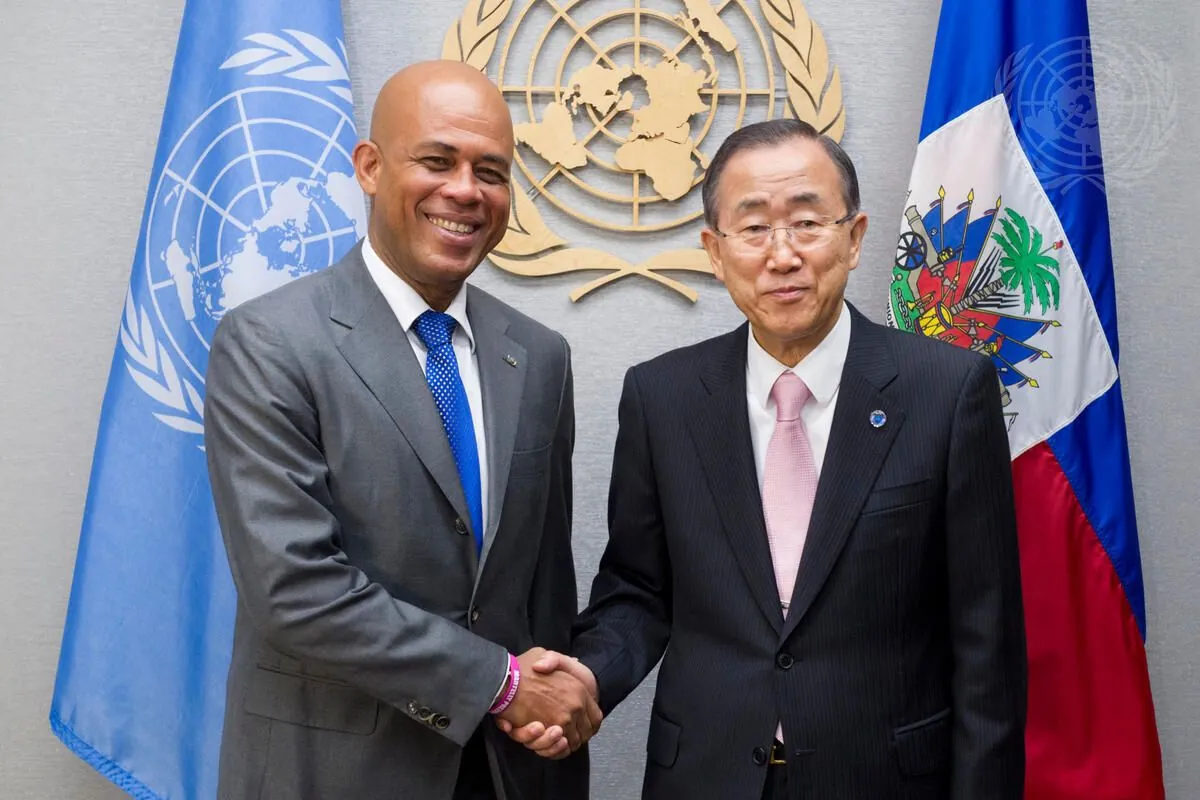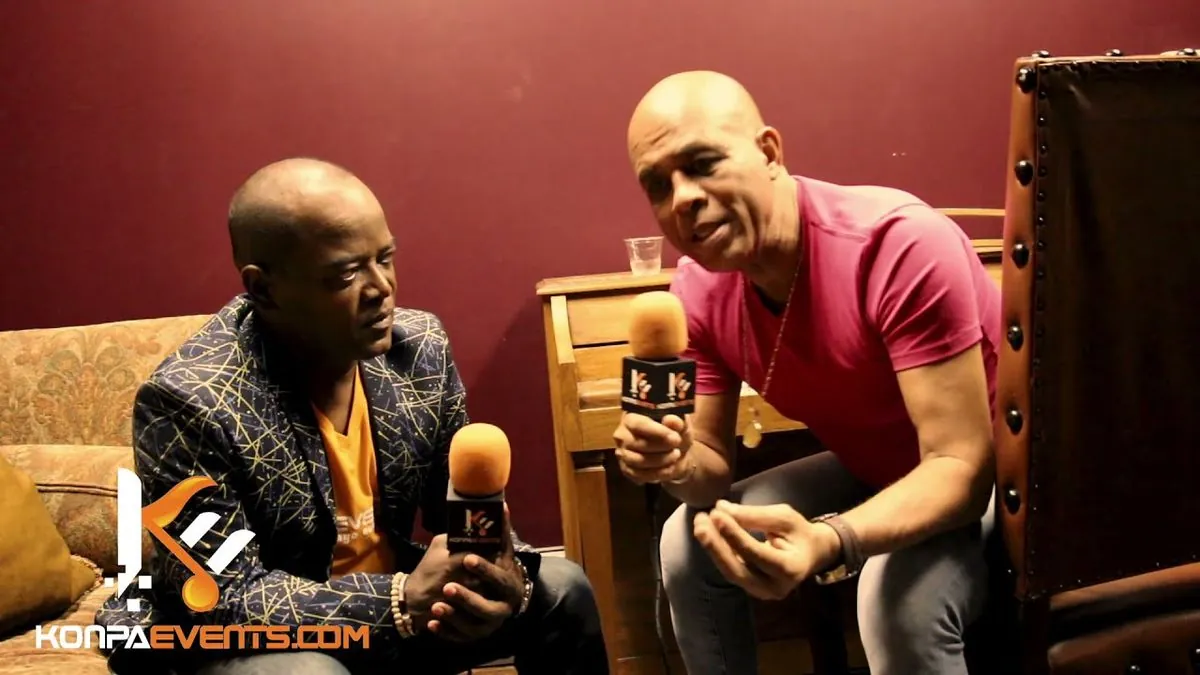U.S. Sanctions Former Haitian President Martelly for Drug Trafficking
The U.S. imposes sanctions on Haiti's ex-president Michel Joseph Martelly for drug trafficking and perpetuating the country's crisis. The move aims to disrupt illicit activities fueling gang violence and political instability.

The United States has taken decisive action against Michel Joseph Martelly, Haiti's former president, by imposing sanctions for his alleged involvement in drug trafficking activities. This move, announced on August 20, 2024, underscores the U.S. government's commitment to addressing the ongoing crisis in Haiti.
Martelly, who served as Haiti's president from 2011 to 2016, is accused of misusing his influence to facilitate the transportation of illicit substances, including cocaine, destined for the United States. The U.S. Treasury Department alleges that Martelly collaborated with Haitian drug traffickers, supported multiple gangs, and engaged in money laundering of drug proceeds.
Bradley Smith, Acting Under Secretary for Terrorism and Financial Intelligence at the Treasury Department, emphasized the significant role played by Martelly and other corrupt political elites in perpetuating Haiti's current crisis. The sanctions aim to disrupt activities that fuel gang violence and political instability in the country.

Prior to his political career, Martelly was known as a popular musician with the stage name "Sweet Micky." His transition from entertainment to politics reflects the complex nature of Haiti's political landscape.
The sanctions imposed on Martelly freeze any U.S. assets he may possess and generally prohibit Americans from engaging in transactions with him. This action is part of a broader effort by the United States and its international partners to address the root causes of Haiti's ongoing challenges.
Haiti, the first independent black republic, has faced numerous difficulties throughout its history. As of August 2024, the country is grappling with severe humanitarian issues. Over 578,000 Haitians have been displaced due to gang wars, while nearly 5 million people – almost half of the country's 11.7 million population – are experiencing acute hunger. Alarmingly, 1.6 million individuals are at risk of starvation.
The situation in Haiti has been exacerbated by widespread gang violence, including killings, ransom kidnappings, and sexual assaults. These armed groups have formed a broad alliance, further complicating efforts to restore stability.
"Today's action against Martelly emphasizes the significant and destabilizing role he and other corrupt political elites have played in perpetuating the ongoing crisis in Haiti."
Haiti's challenges extend beyond political corruption and violence. The country has a tropical climate and is prone to natural disasters such as hurricanes and earthquakes, which have repeatedly set back development efforts. Additionally, the assassination of President Jovenel Moïse in 2021 further destabilized the nation's political landscape.
Despite these difficulties, Haiti possesses a rich cultural heritage, including unique art, music, and religious practices such as Vodou. The country's economy heavily relies on remittances from Haitians working abroad, highlighting the global connections of its diaspora.
As the international community continues to grapple with Haiti's complex issues, the sanctions against Martelly represent a significant step in addressing the interconnected problems of corruption, drug trafficking, and political instability that have long plagued this Caribbean nation.


































